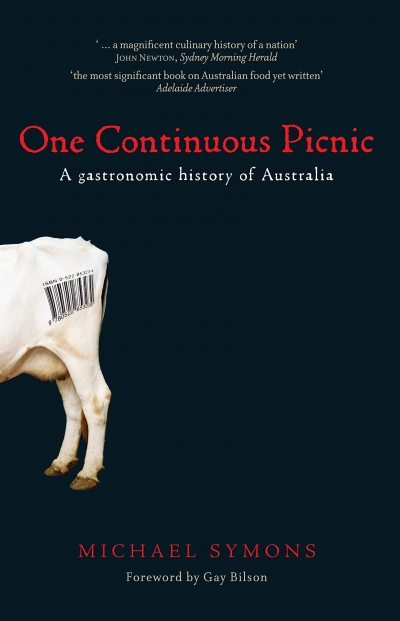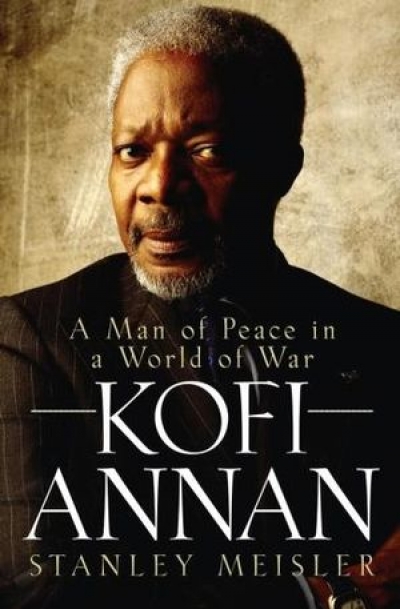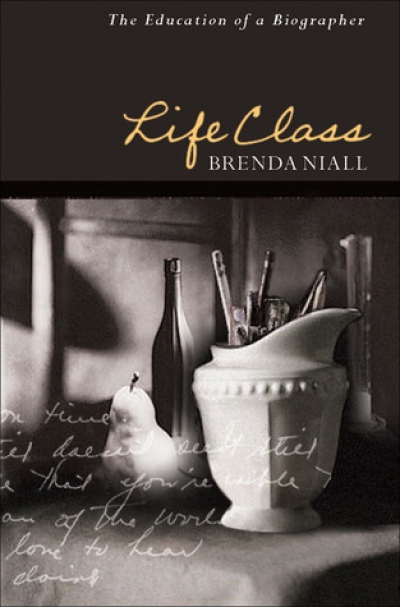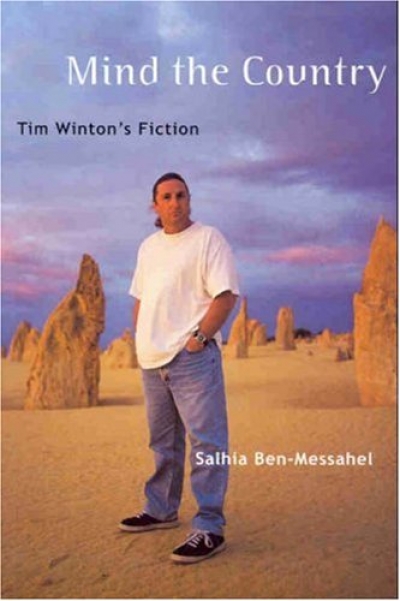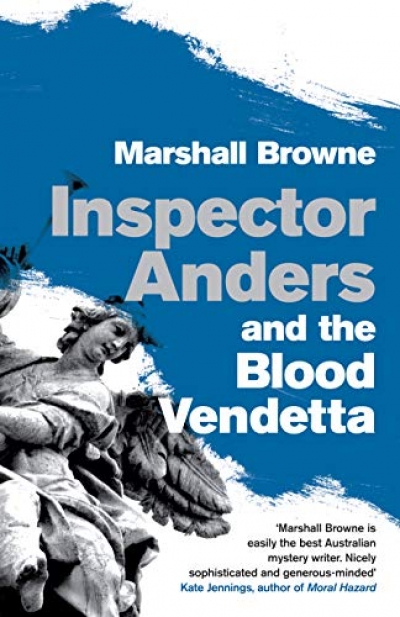Archive
One Continuous Picnic: A gastronomic history of Australia by Michael Symons
by Leo Schofield •
Kofi Annan: A man of peace in a world of war by Stanley Meisler
by Alison Broinowski •
Writing The Story Of Your Life: The ultimate guide by Carmel Bird
by Shirley Walker •
Strangers in the South Seas: The idea of the Pacific in western thought edited by Richard Lansdown
by Kate Darian-Smith •
The Escape Sonnets by Brian Edwards & Couchgrass by Dominique Hecq
by Anthony Lynch •
Mind the Country: Tim Winton's fiction by Salhia Ben-Messahel
by Georgina Arnott •

